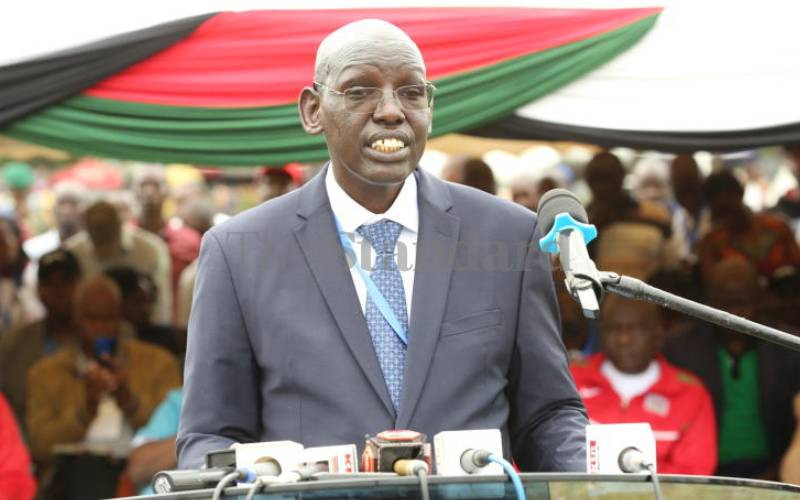
As part of a collaborative initiative between the government, UNESCO, and Huawei, 13 primary schools in Kenya have been granted a remarkable opportunity to gain access to internet connectivity. The DigiSchool project aims to amplify digital learning capabilities within educational institutions.
The venture, operating under the Digital Masterplan and the government's Digital Superhighway initiative, was initially piloted on December 17, 2022, at Maragima Primary School, a beneficiary of the program. The primary focus of this effort is to enhance digital education by expanding internet connectivity to schools.